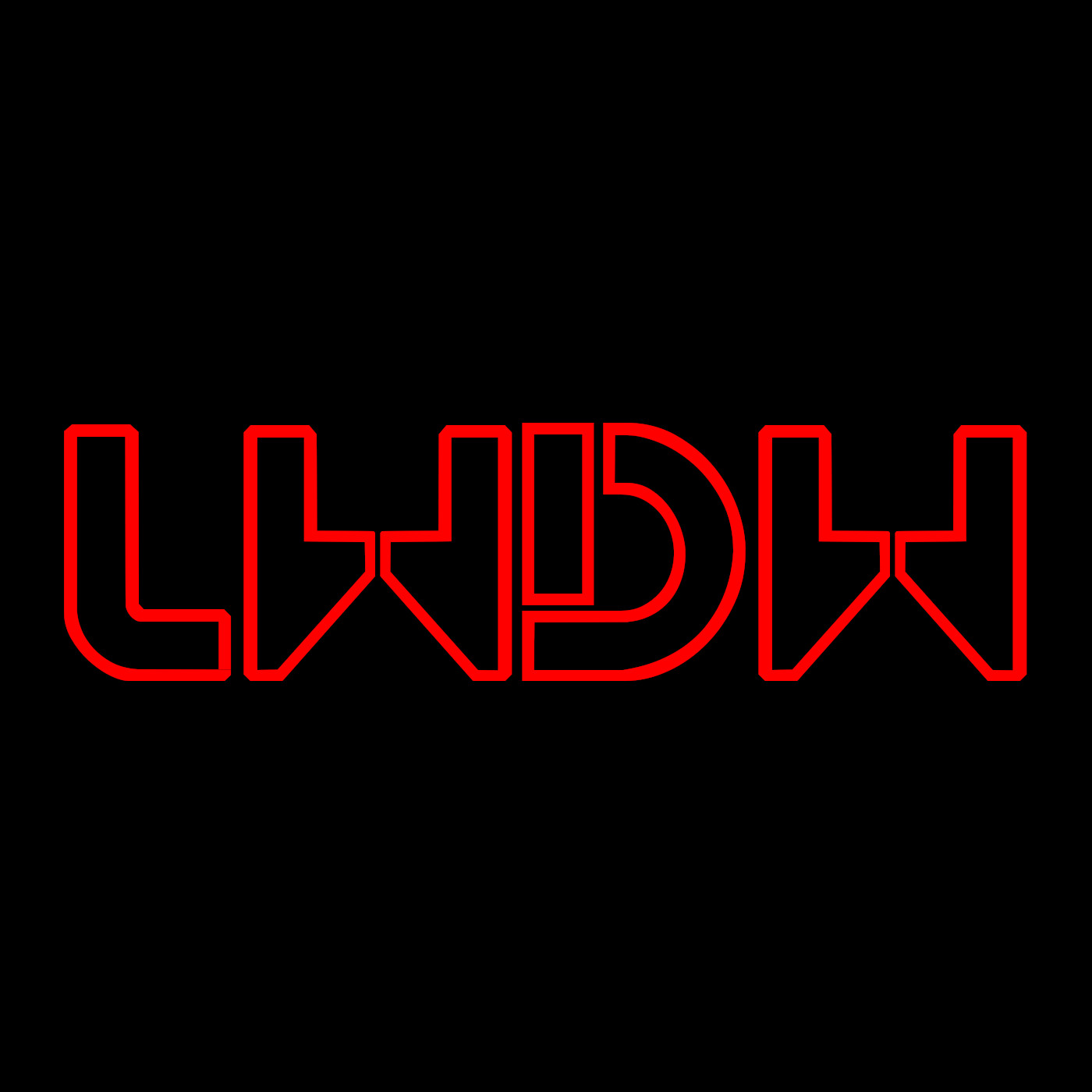Ubuntu drops i386, Netflix discovers a DoS vulnerability, CERN ditches Microsoft, and we chat with Ted Gould from Inkscape.
Timestamps:
03:33 Linux network DOS
06:36 Ubuntu drops i386 support
10:40 Chromium Snap
14:07 Debian riscv64 port
17:16 GIMP 2.10.12
19:22 Deluge 2.0
24:15 Microsoft alternatives project
27:32 Three flavours of Linux
30:35 Interview: Ted Gould, co-founder of Inkscape
35:49 Nano Piserve 2
Subscribe:
Listen:
Download:
Subscribe Spotify | Pandora | TuneIn | RSS | More
Colour key – Venn Jill Pedro
- To check if you are vulnerable: sysctl net.ipv4.tcp_sack
- sysctl -w net.ipv4.tcp_sack=0 until the patch is applied to your kernel.
- This is an actual problem.
- This is an exploit which can be triggered remotely and cause a kernel panic.
- Denial of Service may be minimal, when compared to other malware, but this one we know how it’s being exploited and it’s done remotely.
Ubuntu dropping i386 from 19.10
- So, this is dropping ALL THE THINGS, apparently.
- I imagine some people will have a problem with this.
- RIP games.
- “…there are a number of ways that 32-bit applications can continue to be made available to users of later Ubuntu releases.” – Will Cooke
- If you’re turning this whole thing into a desperate way to shove snaps down people’s throats, I can assure you it won’t end well.
- Depending on what they actually do, this could turn into a poopstorm the likes of which only the Unity desktop has seen thus far.
- To play the FSM’s advocate, this is something that will eventually need to be done.
- Much like Wayland, someone has to take the first wave of bullets.
- It’s one way to accelerate finding out what that future looks like.
- We have been talking about Ubuntu 18.04 LTS being the last release to support i386 so we knew this was coming.
- Also Linus deprecated i386 from the Linux 3.8 kernel back in 2012.
- I am really concerned about how well Jitsi, that we use here at LinuxGameCast, and other WebRTC services will run in a Chromium Browser snap.
- I’m not.
- Removing Snap is step #1 of any Ubuntu install.
- I know that the Discord app has issues with audio/video conferencing in the Snap app, let alone problems natively with the Electron app.
- I get it from the security standpoint.
- Thing is, I don’t need Chromium stuff using even more RAM than they already do, or giving it any excuse to be any slower.
- This is a “firm” plan that’s not being debated.
- Looks like I’m not the only one who enjoys testing in production.
- Here is an update on the status of the riscv64 Debian port.
- 90% of the packages have been transitioned to the riscv64 port, with the exception of RUST applications, which includes Firefox, and LLVM applications.
- There are over 500 packages from the Rust ecosystem in the Debian archive, which makes up about 4% of the archive, and they can’t be converted until there is Rust support for RISC-V.
- Debian is the swiss army knife of distros and because of its RISC genealogy and continued support for the RISC architecture, such as with SPARC and DEC Alpha, the RISC-V transition is much further along and is one of the reasons that Debian is so well suited for it.
- Having the software support in place when the price eventually drops to something that’s not completely mental is probably a very good idea.
- GIMP 2.10.12 has been released, and a lot of bugs have been fixed since the major refactoring of GIMP 2.10.10.
- This release has some cool new features.
- The Curves tool has had a major update and now has the ability to use numeric input to set coordinates of points on a curve for more accuracy.
- A new sharp or corner control point has been added to the Curves tool so now you can combine sharp and smooth points on a single curve for greater flexibility of editing.
- The TIFF format now has layer support when exporting, instead of having to be merged, so now you have another way to import layers into other programs.
- They’re still looking for Windows and Mac developers, because no one in the team apparently uses those operating systems.
- This is a major release of Deluge, and includes performance updates of load times when handling thousands of torrents.
- This was my complaint from the original release of Deluge and the other torrent clients that I have used, slow loading times!
- I have also used Transmission, Vuze, WebTorrent, qBittorrent and the command line torrent client rTorrent.
- I have found deluge quite reliable for my Linux ISO downloading needs.
- Transmission.
- If I’m downloading Linux ISOs I just need them to be downloaded, I don’t want an entire software suite ringing bells and blowing whistles around it.
- Said the guy running KDE for a DM.
Microsoft alternatives project
- CERN has been paying attention to what is going on over at NASA and SpaceX and seeing the progressive nature of open source.
- Indeed, and this does not look like a bargaining move by CERN to get a better deal from MS.
- I look forward to CERN basically turning Cent into a proper enterprise desktop OS.
- It’s also a unique opportunity for CERN to demonstrate that building core services can be done without vendor and data lock-in.
- CERN launched MALT last year ago to investigate the migration from Microsoft (and other) commercial software to open source.
- I’m guessing this all boils down to them wanting to get away from Skype for business /s.
- Wouldn’t you just love a time machine so you could mess with your year 2000 self… after you hand over the lotto numbers.
- I actually remember someone laughing at me when I said Linux would rule the world back in the late 1990’s.
- Now I am the one laughing ;-D
- Oh, 2 whole RPM distros!
Interview with Ted Gould, co-founder of Inkscape
- SCaLE 17x interview with Ted Gould co-founder of Inkscape talking about the upcoming Inkscape 1.0 release which is now in alpha.
- Not only was there an Inkscape Hackfast in conjunction with SCaLE 17x and several talks, but recently there was an Inkscape workshop meetup at the Libre Graphics Meeting 2019 convention held in Germany where they showed off the new features of upcoming Inkscape 1.0.
- Inkscape is always looking for contributions, testers and donations. So download the Inkscape1.0 Alpha AppImage and have fun!
Slice of Pi
- We talked about The NODE Mini Server V2 using a Raspberry Pi 3, a 2.5 inch hard drive, and other components inside a tiny 3D-printed case in May.
- Now here is The Node Nano Server V2 using a universal adapter which transforms a Raspberry Pi Zero W, into a tiny network connected server.
- Simply plug it into a wall outlet for use as a compact server that you can use for decentralized web applications, as a Pi-hole, as a NAS, as a mini home entertainment PC or whatever else you like.
- Currently the Nano Server Kit and pre assembled Nano Servers are sold out, but more are on the way.












